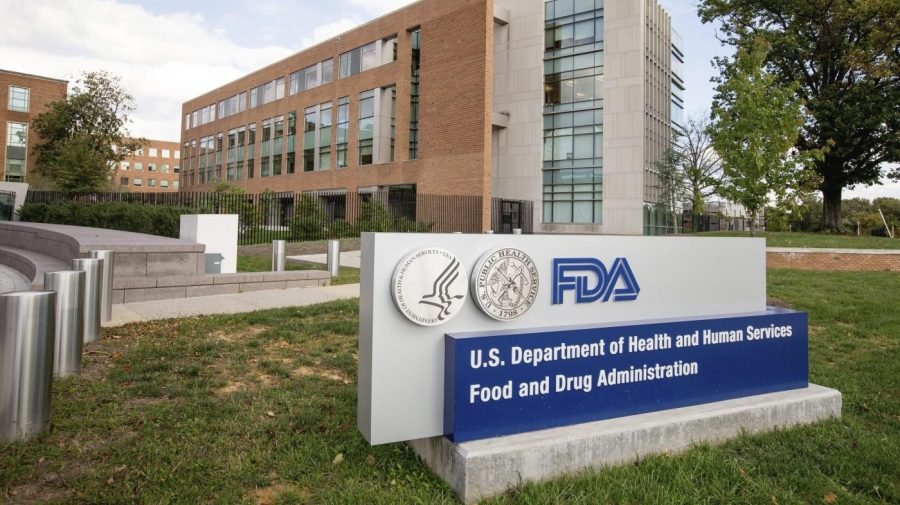The bill provides the U.S. Department of Agriculture and the Food and Drug Administration (FDA) with $27.1 billion in discretionary funding in fiscal year 2026.
It essentially maintains FDA funding at its FY 2025 levels. The FDA would be funded at $7 billion, with $3.6 billion coming from taxpayer funds and $3.4 billion in user fee revenues. The House version of the bill came in slightly under the Senate’s, at $6.8 billion.
Buried in the committee’s report is a request for FDA to provide a briefing on how it’s combating the ever-worsening drug shortages and potential recommendations for improving supply chain resilience.
The committee report also raised concerns about hiring restrictions in place at the FDA for scientists, product reviewers and inspectors, which could lead to a showdown with the Trump administration.
-
“The Committee is aware of the challenges facing recruitment and retention of qualified candidates for these positions and directs the FDA to remove the hiring restrictions in place for these key roles within 30 days of enactment of this act,” the report stated.
-
“As the FDA continues necessary modernization to meet the needs of the fast-paced development of innovation in the United States, a key component is ensuring its workforce has the up-to-date expertise to meet those needs.”
The bill calls for allocating $8.2 billion for the Supplemental Nutrition Assistance Program (SNAP) for low-income women and children and $425 million for the Commodity Supplemental Food Program to help low-income seniors.
-
Trump’s “big, beautiful bill” will change how SNAP is funded. Under the law, states will be required to partially pay for SNAP funds if they have an error rate of 6 percent or higher for the program.
-
The working age to stay in the program will be raised from 54 to 64, and only parents with children younger than 14 will be exempt from work requirements.
The bill also sets aside funds for some international food assistance, including $1.5 billion for Food for Peace Title II grants.

